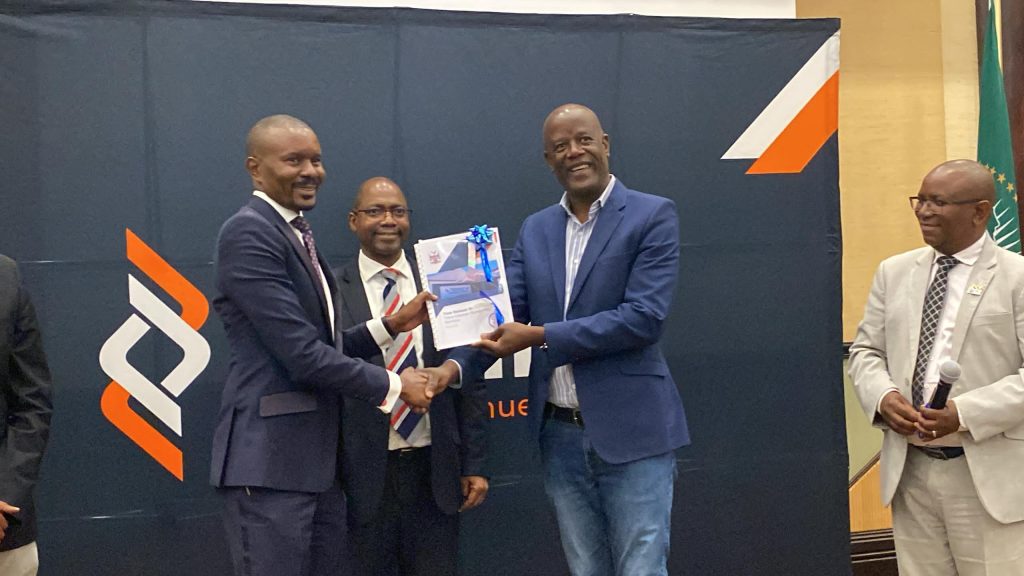
A recent Time Release Study (TRS) conducted by the Namibian government has revealed major inefficiencies at the Trans Kalahari Border Post, causing substantial delays and disrupting trade operations.
The study identified several critical issues, including frequent power failures affecting the ASYCUDA World system, inadequate financial bonds by clearing agents, and redundant administrative procedures.
These inefficiencies highlight deeper structural, procedural, and system-related problems that require immediate attention to improve clearance times and facilitate trade.
One of the major concerns raised is the impact of these inefficiencies on truck movement.
The study noted that poor road conditions exacerbate delays.
“The potholes along the entry-exit route are slowing down traffic and creating congestion, increasing the risk of accidents,” the report stated.
To address these challenges, the study recommends procedural improvements, enhancements to customs support systems, and necessary infrastructural adjustments. Among the key procedural recommendations is transferring the assessment function to clearing agents to streamline tax payments and customs declarations.
“Licensing conditions for clearing agents should consider compliance levels, with penalties for non-compliance,” the report stated.
Additionally, the study calls for the accreditation of compliant clients to speed up processing and proposes the establishment of a centralized Document Processing Centre to reduce redundancy in the system.
To enhance operational efficiency, the report recommends establishing a dedicated risk management unit at customs headquarters.
“Investing in research and training in risk management, rules of origin, valuation, and classification will help customs officers make informed decisions,” the report noted.
The study further highlights the need for mandatory information sharing among customs sections to prevent revenue leakages and ensure smooth operations.
Infrastructure deficiencies were also identified as a major hindrance to efficient cargo movement. The report pointed out that the current location of the scanner forces trucks to re-enter the process after being released, causing unnecessary delays. A redesign of the border layout to separate scanning and exit lanes is recommended.
“The current location of the scanner forces released trucks to re-enter the process, causing unnecessary delays. A redesign of the border layout is necessary to separate scanning and exit lanes,” the study advises.
The report also calls for immediate road repairs to improve traffic flow and reduce the risk of accidents, which would significantly speed up border operations.
To ensure the effective implementation of the recommended measures, the study suggests establishing a dedicated monitoring mechanism.
“NamRA should establish a task force to evaluate progress and update stakeholders regularly,” the report recommended.
Collaboration with other government agencies and donors is also encouraged to ensure the proposed solutions are effectively executed.
The study follows a partnership between NamRA and other border agencies responsible for assessing and collecting taxes, duties, fees, and charges while facilitating trade and safeguarding Namibian borders from illegal importation and exportation of goods.
Supported by the SADC Secretariat under the SADC Trade Facilitation Programme, the study aimed to identify bottlenecks in the clearance process and provide practical solutions.
The findings reveal that, on average, it takes 5 hours and 31 minutes to clear imported goods from arrival to exit. For exports, the total clearance time averages 4 hours and 34 minutes, with key delays occurring at various stages, including customs processing, inter-agency coordination, and payment processing.










